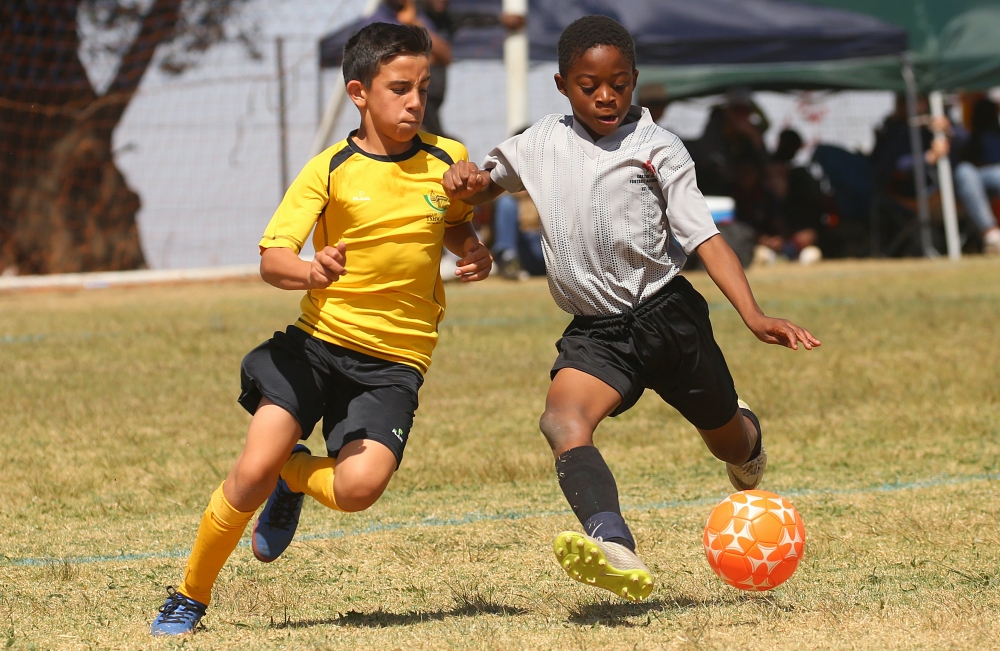
7 Leadership Skills Kids Need to Be Successful in the Future
Leadership skills are the most sought after by employers, and certain after-school programs can help prepare your child to be a successful adult.
Get kid-friendly activities sent to you!
Get the Best Family Activities
Communication: Though the concept of connection seems easy enough, most people don't realize that communication usually comprises many different skills: collaboration, active and empathetic listening, verbal and nonverbal cues, and more. Teaching students what it means to listen empathetically is a skill that will solve problems before they occur. Programs such as model congress and mock trial demand that students notice and adapt to verbal and nonverbal cues, listen actively and empathetically, and work to build and sustain relationships with others to accomplish their goals.
Organization: This skill is essential for obvious reasons, but it also complements other leadership skills such as presentation, delegation, and time management. Understanding how to effectively delegate to team members and delegate time is essential, but an individual must be organized before they can do either of these things. STEM programs usually always demand a level of organization and time management.
Empathy: A growing body of research in the past four years has shown a direct correlation between the financial success and long-term stability of a company with how empathetic it is. Harvard's Global Empathy Index measures the relationship between a company's overall performance and its level of empathy. Parents don't need to see a performance index to know that children who are more empathetic build and keep stronger relationships—we can watch our little ones on the playground and see the benefits of empathy just as clearly.
Critical thinking: We are living in a time when information warfare is the new norm, and kids and adults alike struggle with what they perceive as biased or misleading information from politicians and news outlets. In fact, it’s so prevalent that several universities have modules on the subject. “Last year, we did a mass teacher training in Ukraine and Nigeria. One of the things we loved about both countries was the emphasis the government and educational ministries placed on the importance of critical thinking,” Sawyer says. Advocacy programs like debate and activism camps push students to research and analyze all sides of the subject, define terms clearly, pull evidence from reputable sources, and recognize fallacies in reasoning.
Mediation and conflict resolution: Can you imagine for a moment a world where everyone was capable of seeing the perspective of the other side? “Conflict resolution and reconciliation is one of my favorite things to teach precisely because watching students apply the tactics I learned at Harvard gives me hope for a better future,” Sawyer says. Mediation and conflict resolution simulations can be done with any age group, using fairy tales or popular films such as Harry Potter and Star Wars. Allowing students to brainstorm creative solutions based on mutual interests and mutual benefit puts students in a non-confrontational 'win-win' mindset that enables them to negotiate sustainable solutions. “In Model UN and at the United Nations International School, we have 'student peacekeepers' who help both parties mediate conflict in a way that both parties benefit,” Sawyer adds.
Students (and adults) learn best through modeling and experience. Students need to see teachers, parents, and other adults in their lives demonstrate leadership through actions. Plus, kids need the opportunity to apply leadership skills in ways that reinforce what they learn in school. Leadership programs, such as the ones mentioned above, are the best way to teach children to practice these essential leadership skills early and often.
"The benefit of Amanda Sawyer's programs for the students went beyond raising one's self-confidence and verbal skills. The programs teach leadership and critical thinking, empowering students to stand up for what is right, fight for the truth, learn to value teamwork, set the goal to become civically engaged, and feel empowered to become beacons of peace for a better world. Just a fantastic organization!" says Lidana Jalilvand, Ph.D., director of special programs at The United Nations International School. After all, anyone anywhere can be a leader as long as they have the right skill set.








